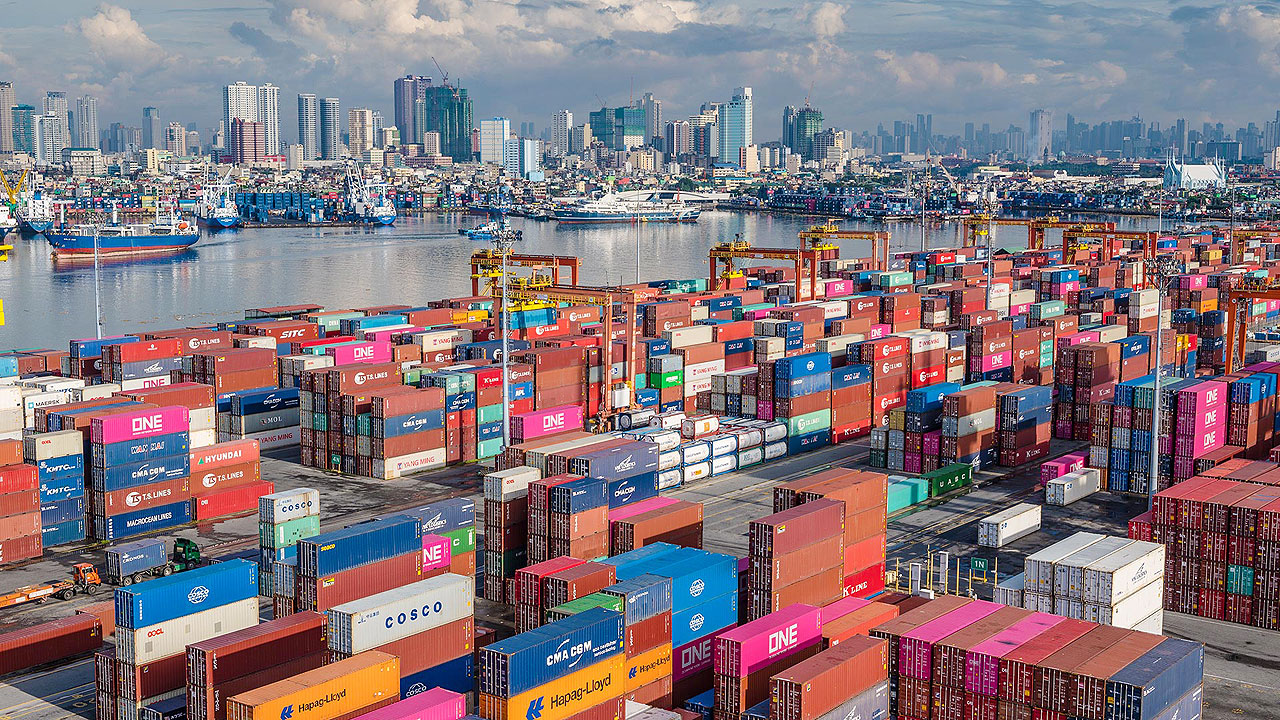Philippine economy may underperform

By Luz Wendy T. Noble, Reporter
The Philippine economy could underperform this year as investment remains muted and consumption is hindered by slow vaccination progress amid a coronavirus pandemic, according to Pantheon Macroeconomics.
“The likely continued slowdown in investment growth this year is one of the main reasons why we expect the Philippines economy to underperform, growing by just 4.5%,” Pantheon Senior Economist Miguel Chanco said in a note on Friday.
The global research firm’s growth outlook this year is much slower than the government’s 7-9% goal.
Economic output rose by 5.6% last year, rebounding from a record 9.6% contraction in 2020 —the worst in Southeast Asia.
In the fourth quarter, the economy grew by 7.7%, which beat the 6.9% growth a quarter earlier. Still, Mr. Chanco said they were “not celebrating” the rebound, noting how fixed investments only grew by 1.2% quarter on quarter.
Consumption is threatened by risks from emerging coronavirus variants, while the country’s vaccination efforts are lagging, he said. Household consumption increased by 7.5% in the fourth quarter from a year earlier.
Mr. Chanco said it was too soon to say whether the Omicron variant would have a big impact on consumption, adding that the surge was likely to have peaked in mid-January or by February.
Metro Manila and some provinces are under Alert Level 3 until the end of the month to contain the pandemic. There were 18,191 new infections on Friday, bringing active infections to 226.521, according to health authorities.
“The slowing pace of vaccination easily is a bigger long-term threat to consumption than Omicron, considering that vaccine-differentiated measures are becoming more commonplace,” Mr. Chanco said.
“The risk is that a huge part of the population could be constrained from daily economic activity for the foreseeable future,” he added.
The government seeks to fully vaccinate 77 million by the end of March. Latest Health department data showed 58.434 million have been fully vaccinated against the coronavirus.
Mr. Chanco said the Bangko Sentral ng Pilipinas (BSP) would likely keep benchmark interest rates at record lows for the rest of the year to continue supporting the economy.
“We very much doubt that the BSP will start normalizing policy this year, and we wouldn’t be surprised if the expectations for a single 25-basis-point hike in the third quarter fade in the months ahead,” he said. “The BSP is unlikely to want to risk adding insult to injury by hiking rates at the same time as fiscal support is withdrawn.”
Central bank Governor Benjamin E. Diokno has said they would rather see four to six consecutive quarters of economic growth before considering a rate increase. He said the BSP was unlikely to touch policy rates in the first half.
The Philippine economy grew by 5.6% last year — better than expanded —as looser restrictions spurred more business activity and consumer spending in the fourth quarter, the local statistics agency said on Thursday.
“The level of uncertainties has simmered down,” the Department of Finance said in an economic bulletin on Friday. “But despite the lower level of uncertainties, many analysts continued to understate their assessment of growth performance.”
Easing coronavirus restrictions in many areas and better pandemic management through granular lockdowns had allowed the economy to overperform, the agency said.
“The arrival of much needed vaccines and the efficient administration thereof also helped in the safe and gradual reopening of the economy, thus bringing back investor confidence,” DoF said.
Tax agency misses 2021 target
The Bureau of Internal Revenue (BIR) slightly missed its collection target last year, while the Bureau of Customs beat its goal, based on preliminary data from the Department of Finance (DoF).
BIR collections in 2021 hit P2.07 trillion, missing the target set by the Development Budget Coordination Committee (DBCC) by 0.31%. On the other hand, the Customs bureau collected P645.77 billion, 4.7% higher than its P616.75-billion goal.
Their combined collections reached P2.71 trillion, versus a target of P2.7 trillion.
Both agencies enforced digitalization initiatives to improve collection, DoF said in a statement.
“The BIR’s ongoing digital transformation program, which has expanded the range of electronic payment channels that allow taxpayers to file and pay their taxes online, enabled it to continue collecting taxes even amid the mobility restrictions resulting from the pandemic,” it said.
Almost all income tax returns last year were filed online.
Meanwhile, the Customs bureau is undergoing a modernization program funded by the World Bank. Programs that have been enforced include a single-window platform used by Southeast Asian nations.
Finance Secretary Carlos G. Dominguez III has asked attached agencies to boost cyber-security measures to shield their systems from hacking.
This year, the BIR and BoC are targeting to collect P3.106 trillion in duties and taxes to finance the P5-trillion national budget. — Luz Wendy T. Noble



